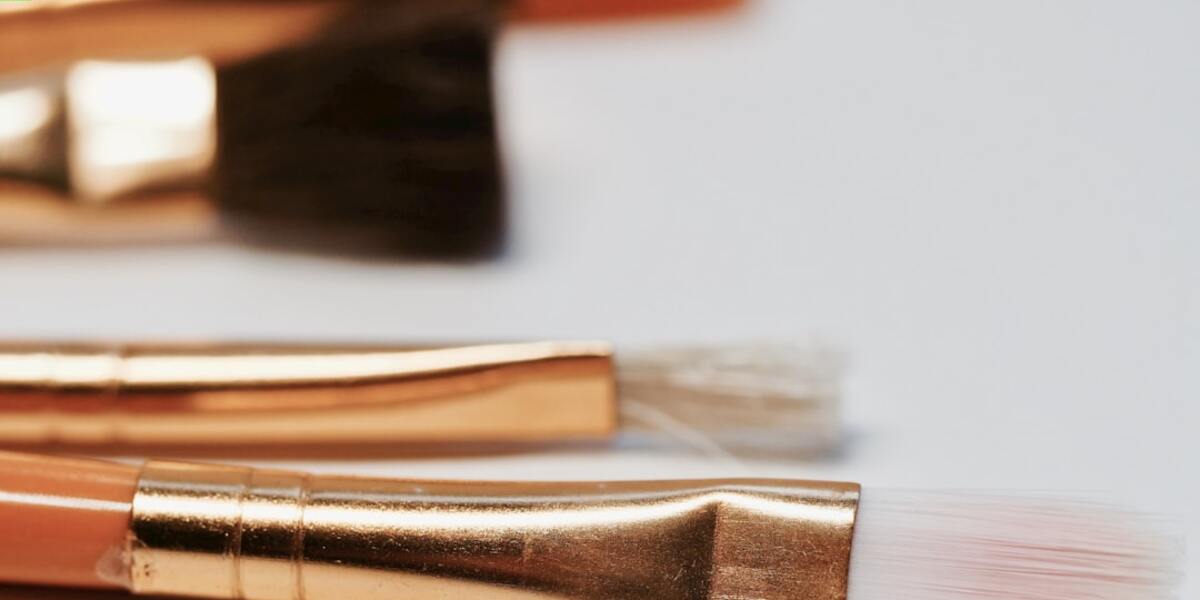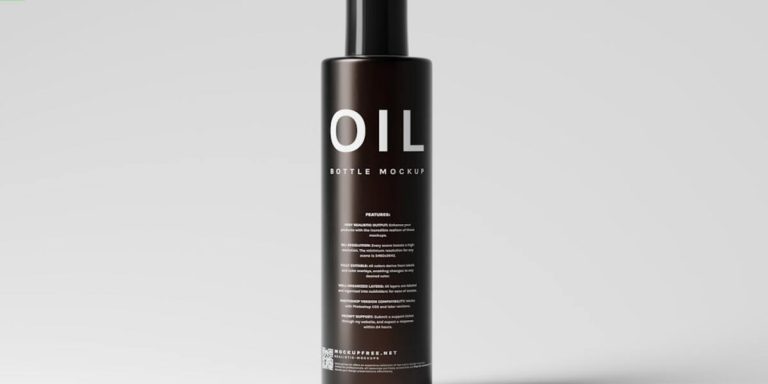Biotin and Hair Health: A Scientific Insight into Its Role and Importance
Exploring the realm of hair health, it’s impossible to ignore the significance of “biotin and hair health.” This crucial vitamin plays an indispensable role in maintaining not just your tresses’ overall vitality but also their growth rate, thickness, and shine. Understanding the science behind biotin’s influence can help you optimize its benefits for healthier, stronger locks.
Delving deeper into this topic unravels various research studies that elucidate how a deficiency or surplus of biotin impacts our hair health. It becomes evident that striking an optimal balance is key to leveraging its full potential—an aspect we will further explore in this blog post. From understanding what exactly biotin is to knowing its importance and impact on your tresses—this article offers a comprehensive view on all things pertaining to ‘Biotin and Hair Health’.
Did you know?
An unusual yet verifiable fact is that biotin, also known as Vitamin B7, plays a key role in the production of keratin – an essential protein that makes up approximately 90% of our hair. Hence, deficiency can lead to hair thinning and loss.
Biotin’s Role in Nourishing Hair Follicles
Biotin, commonly known as vitamin B7, plays an essential role in nourishing hair follicles. It aids the breakdown of proteins into amino acids that are integral to building and restoring keratin — a protein that forms up to 95% of our hair structure. As we age or encounter various environmental stressors, our bodies may struggle to produce enough keratin naturally which can lead to hair damage like split ends and dullness.
Integrate adequate amounts of biotin into your diet or supplement routine to give your body the necessary tools for stronger and healthier-looking hair. Busy lifestyles in our fast-paced world often sideline nutritional balance. Although not everyone will notice improvement—since genetics also determine hair health—many report substantial benefits from consistent biotin intake.
Biotin not only promotes healthy growth cycles by strengthening existing strands at their roots beneath the scalp surface where new cells proliferate but also prevents significant hair loss related to pattern baldness when combined with vitamins like Vitamin D3. It enhances volume by increasing thickness, which is crucial if thinning starts to become visible. Biotin’s benefits make it a valued ingredient in many over-the-counter remedies today.
Understanding How Biotin Supports Keratin Infrastructure
Biotin, commonly recognized as vitamin B7 or H, plays an imperative role in maintaining hair health. It actively supports the keratin infrastructure which essentially formulates our skin, nails and especially hair. With its rich properties to promote growth and strength, understanding how biotin delivers these benefits is crucial for anyone seeking healthier locks.
To start with the basics: every strand of your hair contains a protein called Keratin. When there’s lack of sufficient biotin in your diet, it can lead to weakening of this keratin structure causing numerous issues such as brittle strands or even severe hair loss.
Biotin helps nourish these critical elements within each follicle by boosting essential cell enzymes that facilitate healthy scalp circulation thereby stimulating effective nutrient delivery into each individual strand from root to tip.
Research has shown significant potential regarding oral supplements fortified with biotin contributing positively towards improving overall quality of not just hairs but also increased nail resilience due simply enabling better absorption proteins necessary during their formation stages where weaker chains would normally be more prone breaking down quicker if left untreated appropriately over time .
The Connection Between Biotin Levels and Hair Growth Rate
A robust hair health regime acknowledges the crucial role played by biotin, often referred to as Vitamin B7. The understanding and appreciation of its function in nourishing hair follicles have gradually gained momentum over time, with science backing this connection further.
When we delve into the relationship between biotin levels and your hair growth rate, it’s important to note that each strand of our hair is made up primarily from cells containing keratin – a type of protein indispensable for maintaining healthy tresses. What does biotin do here? It acts as a coenzyme within our bodies to facilitate essential reactions required for the production of keratin.
Inadequate intake or absorption may lead not just to weak nails or skin issues but also thinning and brittle strands – symptoms synonymous with poor “hair health”. Did you know fact: Studies indicate that alopecia (a condition causing spot baldness) could be attributed partly due to deficiency in one’s diet?
Biotin supplements are an ideal way out if dietary limitations prevent sufficient uptake naturally. They contribute significantly towards bolstering overall “hair health”, enhancing thickness while reducing breakages simultaneously. However, bear mind that these benefits don’t manifest overnight; consistency remains key!
Identifying Signs of Biotin Deficiency Affecting Hair Health
It’s a common misconception that maintaining hair health is simply about the right shampoo and conditioner, but in fact, there are numerous nutritional elements at play. One of these crucial components for optimal hair vitality is biotin, also known as vitamin B7 or H. Recognizing signs of biotin deficiency affecting your hair health can be key to reversing damage and promoting future growth.
Biotin plays an integral role in our body’s keratin production- a protein which forms the basis for not just our locks but also nails and skin. Consequently, lack of this essential nutrient manifests itself through several tell-tale symptoms related to these areas: thinning or splitting hairs; frequent breakage despite regular care routines; unexplained loss even with no hereditary predisposition etc., all likely indicators warranting attention towards potential deficiencies.
However, it’s important to bear in mind that while spotting such external manifestations serves as primary red flags pointing toward low levels within your system – they aren’t definitive diagnostic tools on their own since similar conditions may arise due to other underlying issues too like hormonal imbalances or age-related changes among others.
Therefore amid any concerns related specifically around sudden alterations regarding one’s ‘crowning glory’, seeking professional medical advice should always remain priority before initiating supplementary additions based solely self-assumptions without proper consultation first – because when it comes down ultimately preserving those precious strands sprouting atop each head collectively we all sport proudly unique versions thereof… Every single follicle counts!
Recognizing Early Symptoms of Thinning and Weakness
Biotin, a B vitamin, plays an essential role in maintaining healthy skin, nails, but most significantly- our hair. If your body is deficient in this critical nutrient—your crowning glory might be at risk.
Let’s discuss some early signs that you may have a deficiency affecting your locks:
1) Excessive Hair Thinning: The first sign of inadequate biotin levels could be an unusual amount of thinness appearing suddenly on certain balding spots or evenly throughout all strands. You’ll notice less volume when tying it up or styling.
2) Increased Hair Breakage: Deficiency can also lead to weak strands prone to breakage easily than before due to lower keratin production – another aspect reliant on sufficient biotin intake.
3) Slow Growth Rate: A reduction in growth speed especially noticeable if normally fast growing makes it harder keeping on top with cuts/styles regularly done before realizing something isn’t right here!
Assessing Scalp Condition as an Indicator of Nutrient Absorption
Biotin is an essential nutrient for maintaining optimum hair health. When your body falls short of this critical vitamin, it often manifests in the form of symptoms that affect not just your overall wellbeing but specifically targets the luster and strength of your hair.
Your scalp condition can serve as a significant indicator to detect whether or not you’re ingesting enough biotin. Let’s delve into how exactly we can leverage our understanding about our scalps to ensure good ‘biotin and hair health’.
First and foremost, take note if there are any changes in terms of dryness or oiliness on your scalp. Is there excessive flaking? Has dandruff become more noticeable than before?
If so, these could be signs hinting at possible insufficiency related to biotin intake.
Secondly, pay heed to itchiness. Yes! Persistent itching over time may also signal less-than-ideal nutrient absorption by the cells in those areas.
Thirdly comes reddening – sustained red patches with no evident cause might translate into declining levels affecting both ‘biotin 7’ (the active form) and regular nutritional absorption too from foods consumed somewhat reflecting onto “hair health”.
Lastly examine closely for thinning spots – unusual regions where strands seem increasingly sparse compared to rest which usually direct towards systemic issues around absorbing necessary vitamins especially like Biotins benefiting hairs extensively!
Optimizing Your Diet for Enhanced Hair Vitality with Biotin
Biotin, often dubbed as the ‘hair-health vitamin’, has emerged in 2023 as an unrivaled champion in nutrition-specific solutions for enhancing hair vitality. It is a water-soluble B-vitamin that plays a paramount role in helping our bodies convert food into energy. But its heroic contribution to promoting healthier and stronger hair can’t be understated.
Incorporating biotin-rich foods into your daily diet or supplementing with biotin capsules has shown impressive results over time. Foods such as eggs, nuts, seeds, salmon, and sweet potatoes are power-packed sources of this magical nutrient offering potential benefits far beyond mere calorie addition. Including them consistently in one’s meals unlocks avenues towards not just improved digestion but also augmented wellbeing of skin, nails – and most crucially – the crowning glory: our hair!
Scientific research backs up these claims robustly; several studies indicate how deficiencies of biotin tend to manifest themselves through weakened locks or even amplified cases of baldness! Hence it becomes essential more than ever before to ensure adequate intake which paves the road towards lustrous tresses that speak volumes about your overall health status.
Strategic Meal Planning to Boost Natural Intake of Biotin
Our bodies require a plethora of nutrients to function optimally, and our hair is no exception. One such nutrient crucial for vibrant tresses is Biotin or Vitamin H. With its stellar reputation in promoting hair health, integrating biotin into your meals strategically can make significant improvements.
Firstly, let’s get acquainted with the foods rich in biotin. Eggs are at the helm as they’re not only packed with protein but also contain high amounts of biotin – particularly their yolks. Next on this list are nuts and seeds like almonds, chia seeds and flaxseeds that could be swiftly sprinkled over salads or yogurts to increase your daily intake effortlessly.
Legumes pack an ample punch when it comes down to “biotin-rich” title holders too – think kidney beans or chickpeas as main course options for dinner one night perhaps? Not forgetting fishes known for healthy oils like salmon which deliver good helpings of vitamin H alongside Omega-3 fatty acids beneficial equally well towards scalp health.
Adding these ingredients deliberately within your meal planning without compromising taste isn’t hard either! Instead, imagine delicious recipes featuring fresh vegetables combined harmoniously with lean proteins offering generous servings of both flavor & essential vitamins including Bioton!
Supplementation: When Dietary Adjustments Aren’t Enough
While a balanced diet plays an integral part in maintaining healthy hair, sometimes dietary adjustments may not suffice. This is where the role of supplements like biotin for hair health comes into play.
Biotin, also known as vitamin B7 or H, is widely recognized in 2023 for its potent impact on hair vitality. Yet it’s often overlooked when discussing nutritional requirements and diet plans.
If you’ve been adjusting your meals but aren’t seeing the desired improvements to your locks’ condition – don’t be disheartened! A direct supplementation strategy might just be what you need.
Firstly, let’s break down why these deficiencies occur. Due to modern lifestyles and food processing techniques that strip nutrients from our daily intake – we are often left bereft of essential vitamins such as biotin. Furthermore, conditions like gastrointestinal disorders can prevent effective absorption even if one does consume enough through diet alone!
This makes supplementing with biotin crucial. Studies have shown taking this nutrient-rich powerhouse helps address any potential deficiency by providing additional support directly influencing hair strength and growth patterns.
Now before you rush off to add ‘biotin tablets’ onto your shopping list – remember: moderation is key! An excess use without guided advice could potentially lead to adverse effects; consult with healthcare professionals prior initiating excessive dosages (usually above 2500mcg/day).
Conclusion
Indeed, the science speaks for itself. Biotin and hair health are intertwined in an impressive dance of mutual benefit. This vitamin not only reinforces your hair’s structure but also boosts its growth rate, making it an essential part of any effective hair care routine.
Don’t stop at biotin; there is a world teeming with tips and strategies to maintain healthy tresses waiting just around the corner on our website. Dive into this ocean of ‘hair health’ wisdom we have curated especially for you – because beautiful locks aren’t just about vanity, they’re equally about vitality!







